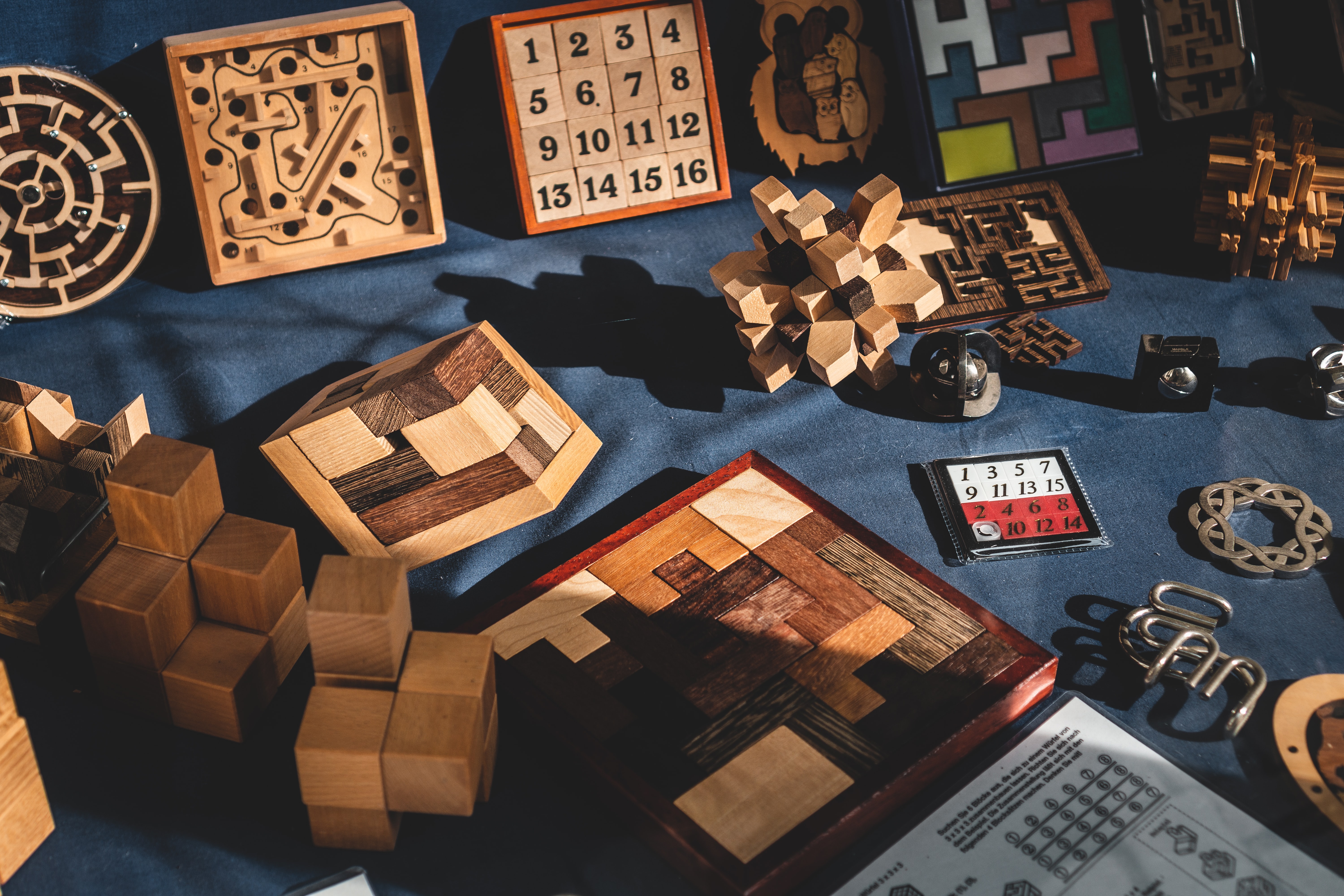

From small rumors to large conspiracy theories, social media and Internet communities have been overwhelmed with misinformation or false narratives that intentionally try to deceive the reader. Researchers from the University of Washington’s TASCHA, Center for an Informed Public, and GAMER Group, along with the co-founder of Puzzle Break, have teamed up to solve this problem with an innovative new project: the Misinformation Escape Room.
In January 2021 a group of faculty, students and partners gathered to discuss information literacy, misinformation, and the research plan for the Misinformation Escape Room.
Information literacy and misinformation
Information literacy is often presented as a solution to combating misinformation. Information literacy is the process of defining one’s information needs, finding information through search strategies, evaluating that information, and using that information to meet one’s needs. However, this process of information literacy is predicated on several assumptions that we make about the nature of information:
- Individuals are seeking out information themselves
- Individuals are acting alone when seeking information
- Finding information is a quick, easy process
- Individuals process information rationally
Yet in the context of misinformation and disinformation, these assumptions do not hold true. Oftentimes, individuals are not seeking out information – rather, misinformation is seeking out individuals. This happens, in part, through algorithms that prioritize information to show individuals based on their internet search history, the content that they engage with on social media, and other factors. People who want to spread disinformation take advantage of these algorithms and provide you with information that you did not seek out yourself. We also do not consume information alone. Rather, we operate in a social environment within networks of friends and like-minded people which influences what information and which information sources we trust.
Though we assume that individuals are quickly able to find and process information, misinformation operates over the course of days and even months. As an example, misinformation has shown that people who believe in conspiracy theories or are part of movements that challenge the scientific consensus don’t become adherents to their beliefs overnight. Rather, coming to believe misinformation is a gradual process aided and abetted by proponents of those belief systems that are leveraging information algorithms and social media.
Finally, when we assume that individuals consume information rationally, we ignore one of the core strengths of misinformation: its ability to trigger emotional responses such as fear, anger, confusion, and doubt.
The misinformation research challenging these assumptions begs the question:
How can we move beyond the rational and cognitivist approach to learning about misinformation and situate the misinformation problem as being connected to emotion and social interactions?
Misinformation Escape Room
Escape rooms are interactive games in which players work together to find clues and solve puzzles with the goal of finding an exit and “escaping” the puzzle room in a certain amount of time. Our goal is to develop an escape room for people to learn about misinformation using this immersive and experiential format to factor in the emotional and other psychological dimensions of misinformation.
As a result of the COVID-19 pandemic, our plans for hosting the escape room in the near future have moved online so the game will be an entirely virtual experience. Players will have the opportunity to use their sleuthing and problem-solving skills to scope out what is misinformation and what is the truth.
We hope the fictional plot of the escape room will allow the game to appeal to people with diverse backgrounds and beliefs. Players will experience and learn about the psychological and emotional dimensions of misinformation including confirmation bias, vulnerability, and the consequences of spreading misinformation. Because multiple people will work together in the escape room, the game will also replicate the social nature of the information environment.
Escape rooms may seem like an unorthodox way of teaching people about information; however, the gamified nature of escape rooms is what makes the platform perfect for teaching about misinformation. Games are immersive, interactive, memorable, and engaging. When playing games, you’re expected to make mistakes and learn from those mistakes. Games offer opportunities for people to talk about difficult issues. Perhaps, most importantly, games are fun! In the context of misinformation education, these aspects of games will allow the players to learn about misinformation in a safe environment that fosters learning – and have fun in the process.


